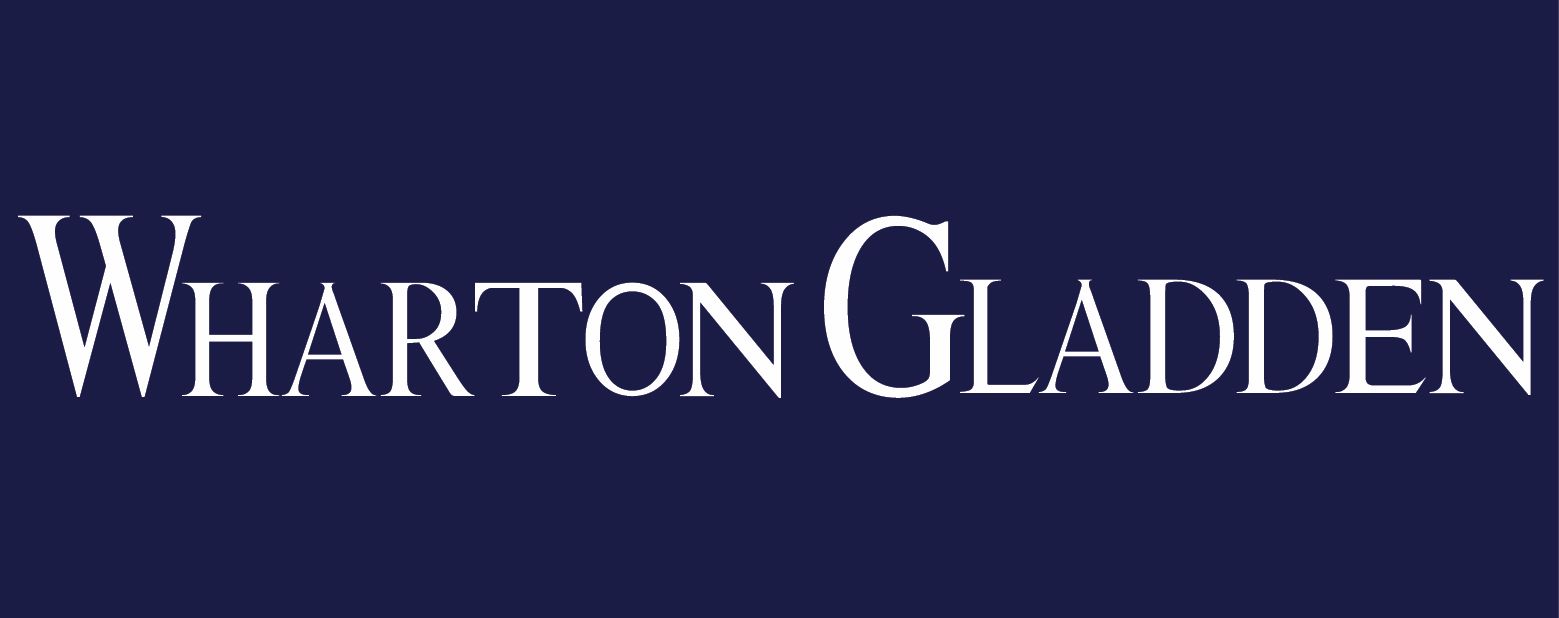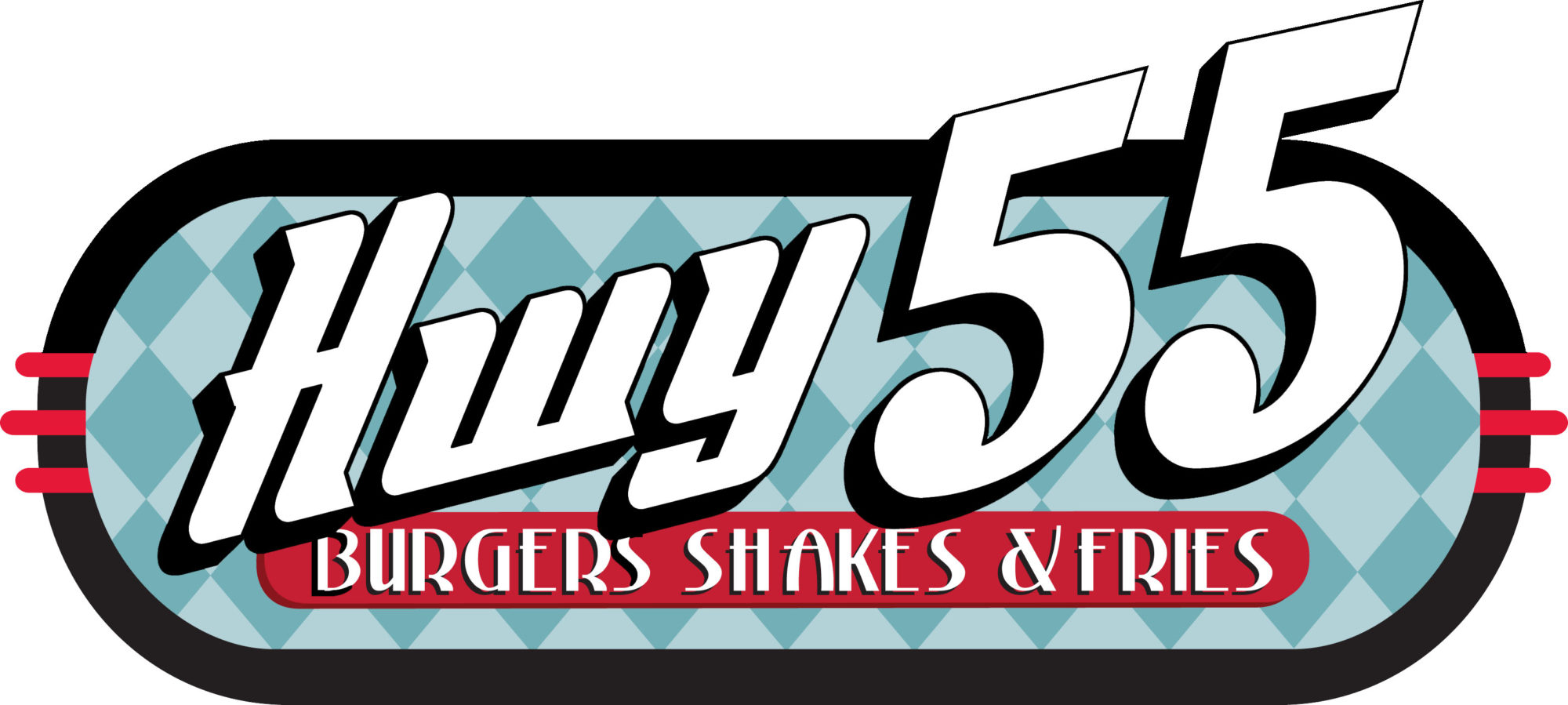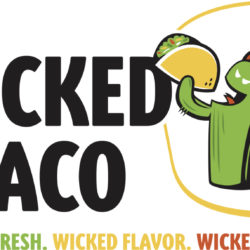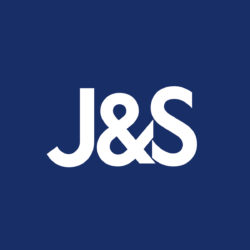Keys to Money Mastery
National Financial Literacy Month is recognized in the United States in April and the effort highlights the critical need for Americans to learn economic and financial literacy. Currently 4 out of every 10 people in the country don’t understand how to balance a simple checkbook and 1 out of every 5 children are born in poverty. Establishing and maintaining healthy financial habits are deeply important.
In 2000, The National Endowment for Financial Education, introduced Youth Financial Literacy Day and brought in the Jump$tart Coalition for Personal Financial Literacy to manage the event.
Around 2007, I joined the “Afternoon Thang” on 97.1 QMG with Busta Brown, and we introduced “Cash Money Tuesday” where I provided on-air financial advice to listeners across the state. The subsequent year I became the official spokesperson for a regional program named Future Cents, and then eventually was appointed to the North Carolina Council on Economic Education.
Needless to say, my passion for teaching financial literacy has been on fire many years, which is quite a testimony for a person who grew up in the depth of poverty. Growing up in a shotgun house on Liberty Street in East Winston-Salem brought me face to face with the effects of financial illiteracy. My grandparents and many other family members had no foundational understanding of sound financial habits.
Throughout this month I’ll provide readers with some vital keys to learning how to manage money and building wealth for you, your family, or business venture. These helpful tips will give you concrete instructions on how you can prepare to save more of your income, build an emergency fund, and eventually unlock the power of money through wealth creation.
Let’s begin with one of the most foundational steps in mastering money – accept 100% responsibility.
We often know when substantial changes need to made in our lives, but we struggle with one considerable barrier. Many people don’t recognize they have absolute control over the choices and outcomes they have created in life. Likewise you must start by acknowledging you have total control over your money and your money does not have control over you.
Wherever you are in your life in regards to your success or failures with money is a result of your choices. Therefore, if you want to discover how to master your money, then it all begins with you making new choices.
For example, if you receive a bonus at work, then you rush to buy a new TV, clothes, or whatever your vice may be – most likely you will not have much of a bonus leftover. The money did not evaporate, you simply made bad choices. Perhaps you could have chosen to spend a little now and save the balance for later, if you do that consistently, then you’ll have a nest egg saved in no time – small choices lead to big outcomes.
Accept the material fact that your responsibility to yourself, family, and community at-large require you to be a good steward of your money. Once you accept this responsibility, you can unlock the internal power of your money to create wealth.
In my next article, look out for strategies to help you learn how to develop a spending plan, and I’ll also outline steps to build an emergency fund to protect you from unexpected circumstances.
I want to help you grow into a financially stable person, so feel free to contact me throughout April with questions, thoughts, and updates on your progress.
Good luck!






